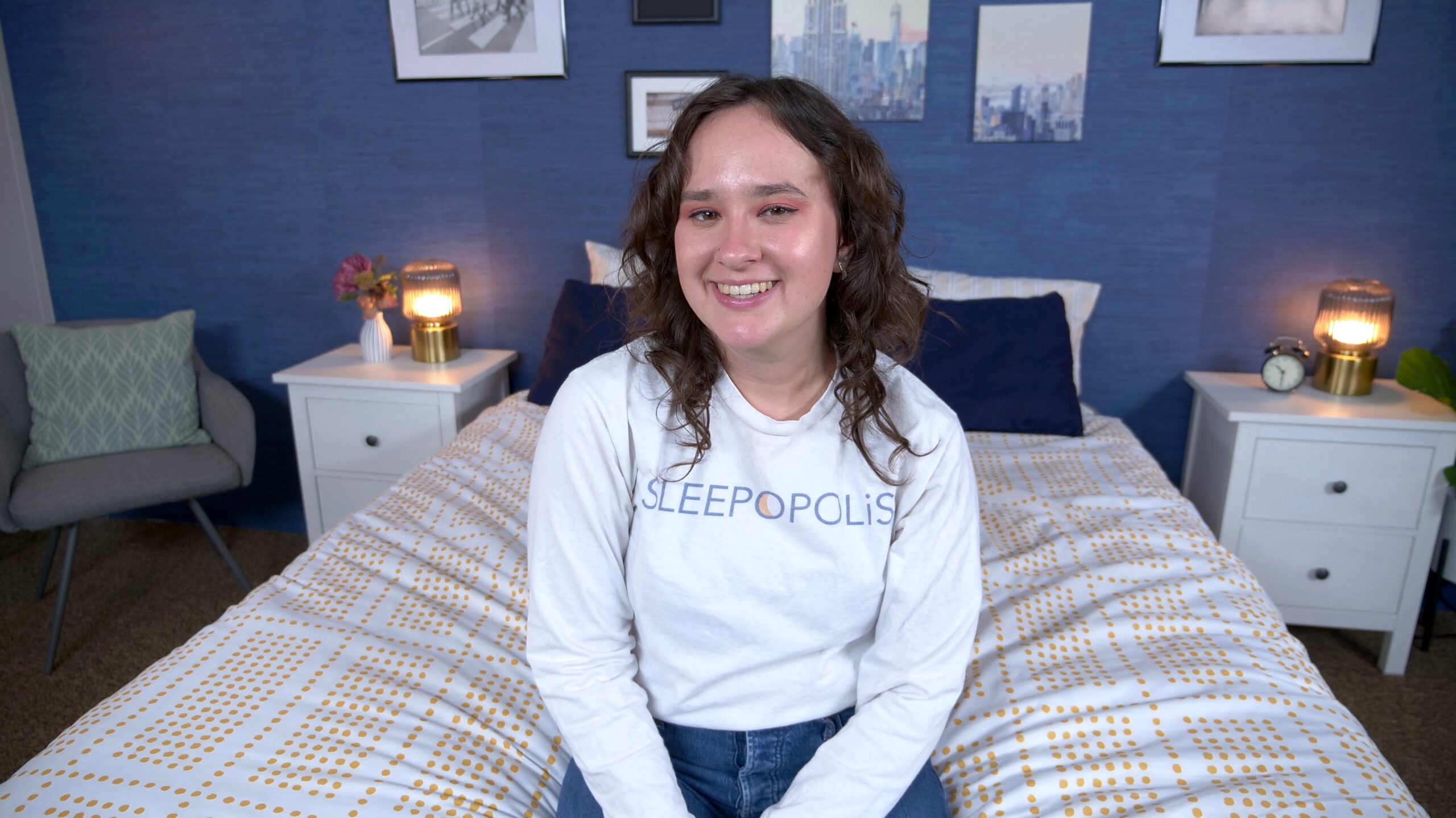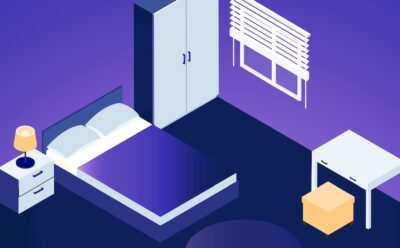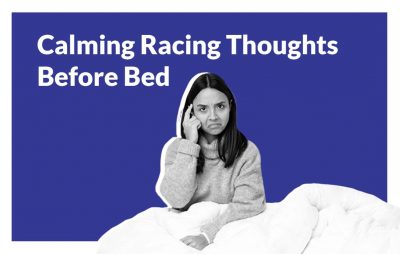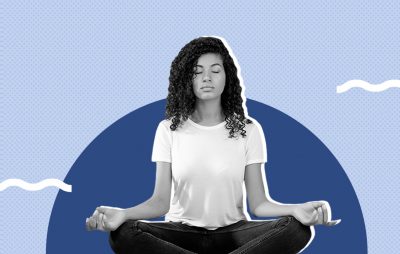Your Wind-Down Playlist (Plus, the Science Behind Why It Really Works)
- by Amelia Jerden
- Updated: March 28, 2023
Table of Contents
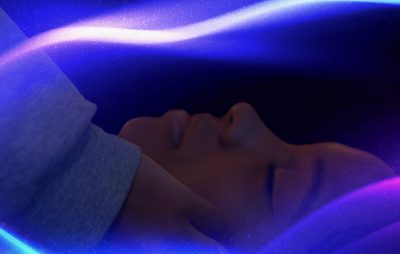
Music is a huge part of many people’s lives. I know I spend a lot of time listening to music — 64,816 minutes last year, according to my Spotify Wrapped — during all kinds of activities throughout my day, such as working, driving, walking, doing chores, and so on.
But what about listening to music for sleep? Music is a commonly-turned-to remedy for restless nights, from the lullabies new parents sing to their crying babies to the hundreds of sleep playlists available across streaming platforms, YouTube, and so on. But how does it actually work? And what kind of music is best for sleep?
We did the research and curated our own Sleepopolis Wind-Down playlist, which is available to listen on our Spotify page. Our team handpicked every song based on what we learned from our research, so take a listen if you’re feeling sleepy.
How Can Music Help You Sleep?
Many researchers have explored music as a sleep aid, as it can serve as an accessible, inexpensive, non-pharmacological option to help people fall asleep. Plus, as many researchers point out, it’s easy to administer and safe — listening to music doesn’t have any side effects, like medications can.
Much of the research on whether or not music is an effective sleep aid uses measures like the Pittsburgh Sleep Quality Index (PSQI) or the Epworth Sleepiness Scale (ESS) to determine whether or not the music was effective. These measures ask participants to self-report on factors like sleep quality, sleep duration, sleep disturbances, and so on. Many studies, such as this 2005 study on older adults, show music as an effective sleep aid using these measures.
However, these kinds of studies don’t always dig into the inner workings of why music can help those struggling with sleep. As you might imagine, it can be difficult to pin those inner workings down, but there are some theories as to how music aids sleep.
One study on the effects of music on depression and sleep in elderly people showed that slow, soft-music improved both depression and sleep quality in the participants. Insomnia can be closely linked to mental illnesses like depression, so if music can improve your mood, it could theoretically also help you sleep.
Music can also affect people physiologically. A study on the use of music for sedation showed that listening to music lowered participants’ cortisol levels (and required less anesthetic medication to become sedated). Cortisol is a hormone that regulates stress, so naturally you don’t want your cortisol levels to be high when you’re trying to fall asleep.
Another study on eldery patients found that music therapy affected participants’ parasympathetic nervous system — the nervous system that allows the body to relax.
The sympathetic nervous system is the “fight or flight” system, so some call the parasympathetic nervous system the “rest and digest” state. Rest and digest is what sleep is all about, right? The study found participants who had music therapy had lower levels of adrenaline and norepinephrine (sometimes called noradrenaline) than the control group.
You probably know adrenaline as the hormone that controls those “fight or flight” responses; norepinephrine has a similar role. It’s a hormone and neurotransmitter that raises heart rate and blood pressure in moments of stress or danger. Lower levels of both adrenaline and norepinephrine are important for relaxing, and ultimately, sleeping.
Research into the relationship between music and sleep is ongoing, however. It seems clear that there are connections between listening to music and positive effects on sleep, but there’s still a lot to learn.
What Kind of Music Helps You Sleep?
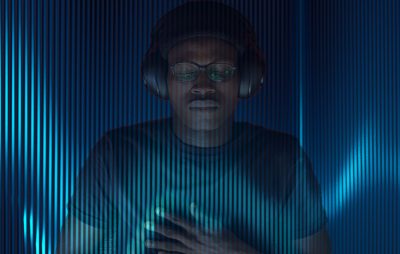
If music can help you sleep, does it matter what kind of music you listen to?
A literature review conducted in 2015 looked at five different studies on music and sleep and found that participants who listened to music before bed reported an improved sleep quality and a decrease in insomnia symptoms, compared to those who didn’t listen to music before bed.
One note of caution: the researchers wrote that the evidence in these studies, which looked specifically at sleep quality (but did not look at factors such as how long people slept or whether they woke up during the night) was deemed “moderate,” noting that there’s a need for more high-quality research on the subject. Still, they concluded that “listening to music can improve sleep quality.”
The genres used in four of the studies included, “Western and Chinese classical music, new age, eclectic, popular oldies, and jazz,” or the other used music described as, “low tempo (52 to 85 beats per minute), stable dynamic structure, and no strong rhythmic accentuation.” This closely matches up with the commonly cited standard for relaxing music to stay between 60 to 100 beats per minute (BPM), as that’s the range for a resting heart rate.
If you’ve ever listened to a “sleep music” playlist, this probably all seems familiar. It seems logical that songs which are slower, have little variation, and weak beats would be more conducive to sleep. Many people have likely experienced the way rhythmically strong, upbeat music makes them want to dance, run, or even just tap a foot. And in the world of exercise and sports, research has shown that matching athletic pace with high tempo music can improve stamina and speed.
Most studies use similarly “intuitively sleepy” types of music to test the relationship between music and sleep, seemingly by default. However, in a 2020 study in Australia, researchers decided to interrogate the assumption that slow music with low rhythmic activity was necessarily the best for sleep by conducting a survey about what music had helped participants achieve sleep.
When looking at music that was successful in helping participants sleep, the researchers found some common features. The successful pieces of music commonly:
- Were in the middle frequency range
- Had an average tempo of 107 BPM (just above a natural resting heart rate)
- Had legato articulation
- Were in the major mode
- Had lyrics
- Were in the classical, pop, ambient, folk, or alternative music genres
However, the researchers looked at characteristics of both successful and unsuccessful musical pieces. In comparing the two categories, the study found three main characteristics that separated the music that was successful in aiding sleep, versus the music that was unsuccessful. Successful music had a lower main frequency register, used a legato articulation (instead of staccato), and excluded high rhythmic activity.
A lower main frequency register essentially means a lower pitch. Legato articulation means that the notes are played “as smoothly as possible,” as opposed to staccato, which is “as short and crisp and detached as possible.” And low rhythmic activity would indicate a slower tempo and fewer BPM.
These findings give a clearer picture of what characteristics might make music better or worse for use as a sleep aid.
How We Made Our Playlist
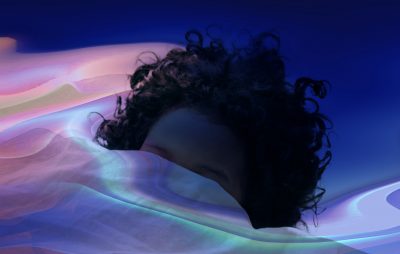
After all that research — phew! — we wanted to put it to use and make our very own Sleepopolis Wind-Down Playlist.
First, we decided on our criteria for inclusion. Songs had to fall within the 60 to 100 BPM range, have low rhythmic activity, have a smooth and connected sound, lower pitch, and be classified in one of the genres identified in the studies we looked at (classical, pop, ambient, folk, alternative, new age, eclectic, popular oldies, or jazz).
The Sleepopolis team submitted songs in one of the selected genres, in the 60 to 100 BPM range. Then we gave each song a “listen test” to see if it had the right sound requirements. After we sifted through all the suggested songs, we ordered the songs that made the cut in the playlist from highest BPM to lowest, so that the playlist would truly “wind down.”
Final Thoughts
If you’re looking for an easy-to-implement, low-risk sleep aid, music is a great option. Of course, I hope you check out the Sleepopolis Wind-Down Playlist, but there are plenty of other sleep music resources available — or you could even try making your own sleep playlist.
However, keep in mind that sleep aids like music aren’t a substitute for medical care. If you’re seriously struggling with sleep, please be sure to speak to your doctor to ensure you’re getting the care you need.
Subscribe Today!
Get the latest deals, discounts, reviews, and giveaways!
